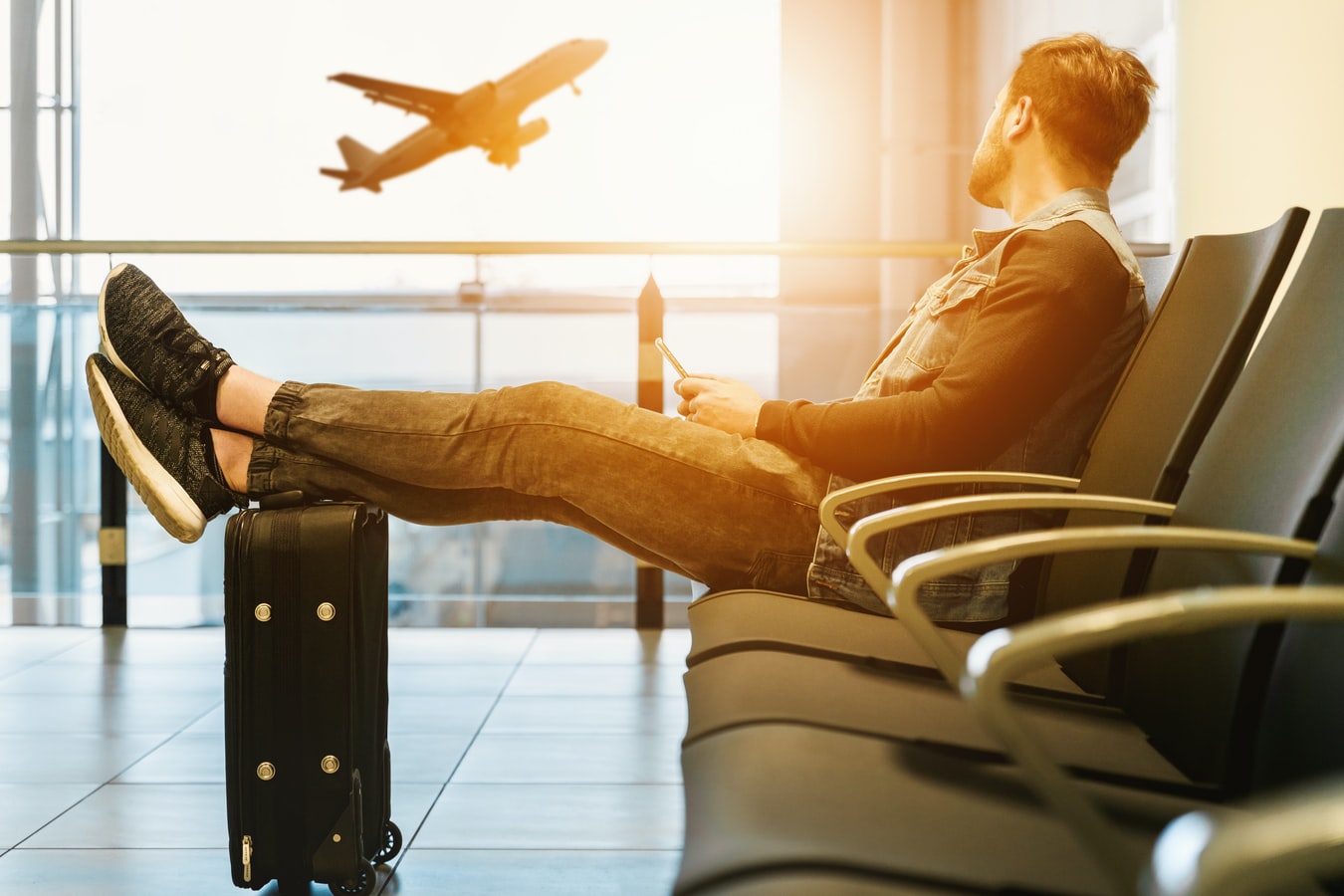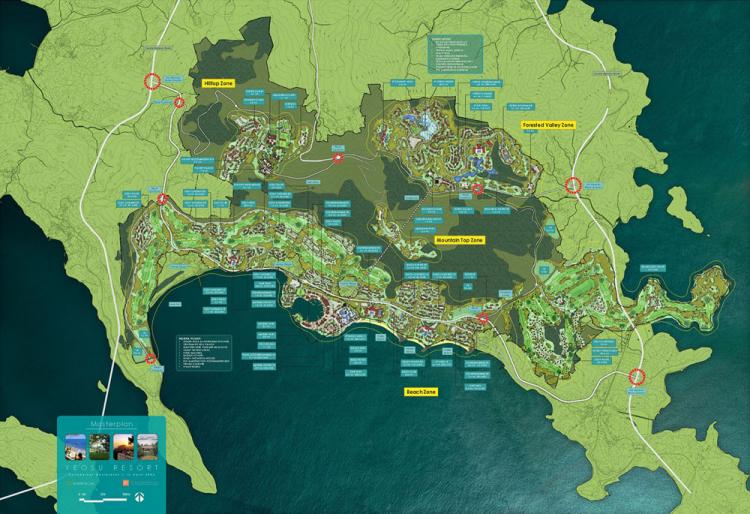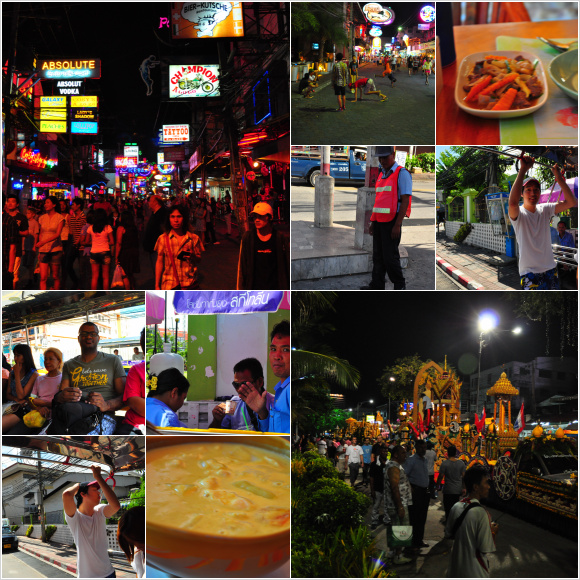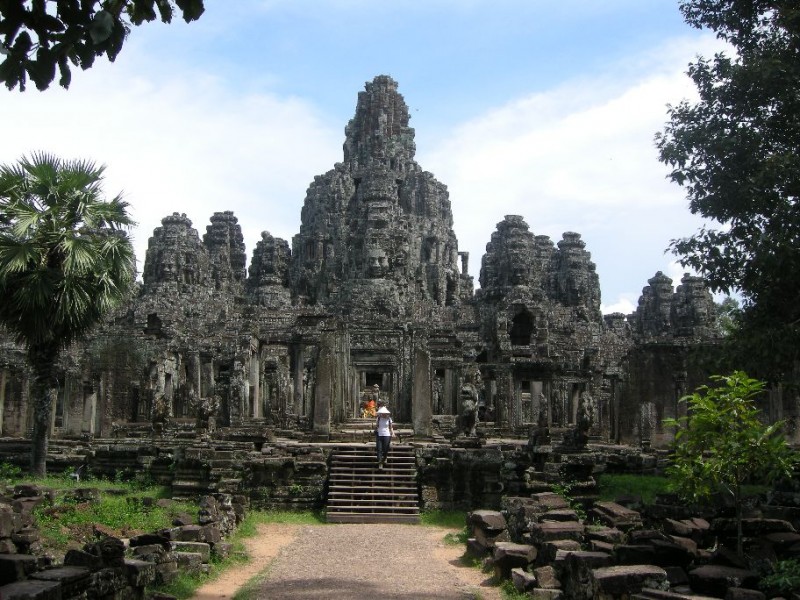Making Travel Plans? Here’s What You Need To Know to Stay Safe
Parts of the world are gearing up to reopen their borders as international travel is set to resume amidst the Covid-19 pandemic. In Asia, Vietnam is reportedly hoping for international travel to begin later this summer, while Singapore is in talks with Australia, New Zealand, Canada, and South Korea about a quarantine-free travel plan. Meanwhile, South Korea has tightened its travel restrictions to protect the health and safety of everyone in the country. Though it may be a while before international travel goes back to the way it was in the country, domestic travel is likely to flourish this summer as Korean nationals and foreign residents are expected to visit popular holiday areas within the country. If you’re planning to travel to or within South Korea, here’s everything that you need to know to stay safe, healthy, and to have a hassle-free holiday.
All travelers must undergo a two-week quarantine upon arrival
Since March, travel restrictions and quarantine guidelines have been implemented in most countries to ensure the safety of travelers during the pandemic. Apart from observing social distancing at airports, travelers have also been required to be in quarantine upon arrival at certain countries. Tourists entering South Korea should undergo a two-week quarantine period upon arrival and they will also be tested for Covid-19. Moreover, even if the test yields a negative result, travelers are still expected to go on the 14-day quarantine period and are required to update authorities about the state of their health via a smartphone app.
Tourists will be quarantined at a government-designated facility, but keep in mind that this isn’t free– you’ll have to pay $100 per night, or $1,400 for the entirety of your quarantine period. Meanwhile, foreign nationals who live or work in the country should apply for a re-entry permit before traveling overseas, and they’re also required to get a medical certificate or a coronavirus test three days before their flight back to South Korea. Locals and foreign residents are required to do self quarantine at home.
Hotel stays and visits to local tourist areas to increase in popularity
Due to the restrictions and travel bans, it’s expected that hotel stays and visits to nearby destinations, such as Jeju Island and Busan, will become increasingly popular among the locals. Though downtown stores and the majority of businesses have been temporarily closed to prevent the uptick of new Covid-19 cases, there are still a number of open tourist spots in these areas where one can enjoy nature scenes, such as various hiking trails in Jeju, and the Haeundae and Songjeong beaches in Busan. If you’re planning to stay in a hotel in these areas, check first to see if they’re accepting guests and make reservations ahead of your visit to ensure that you have a place to stay during your getaway.
Practice social distancing
Whether you’re in Seoul, Daegu, Busan, Jeju, or other places in the country, make sure to keep on practicing social distancing measures to keep healthy. Don’t go anywhere without a mask, and don’t sit directly across another person when you’re dining in a restaurant. If you’re visiting a public area, maintain a six-feet distance from other people, and as much as possible, opt for cashless transactions and use your credit card to pay for your purchases.
Traveling to South Korea may be fraught with challenges for now, but if you’re living in the country, you can certainly visit nearby areas for a breath of fresh air and change of scenery. Remember to practice good hygiene habits and keep a healthy distance from others, and maintain a positive outlook as we all work together to combat the Covid-19 virus.



